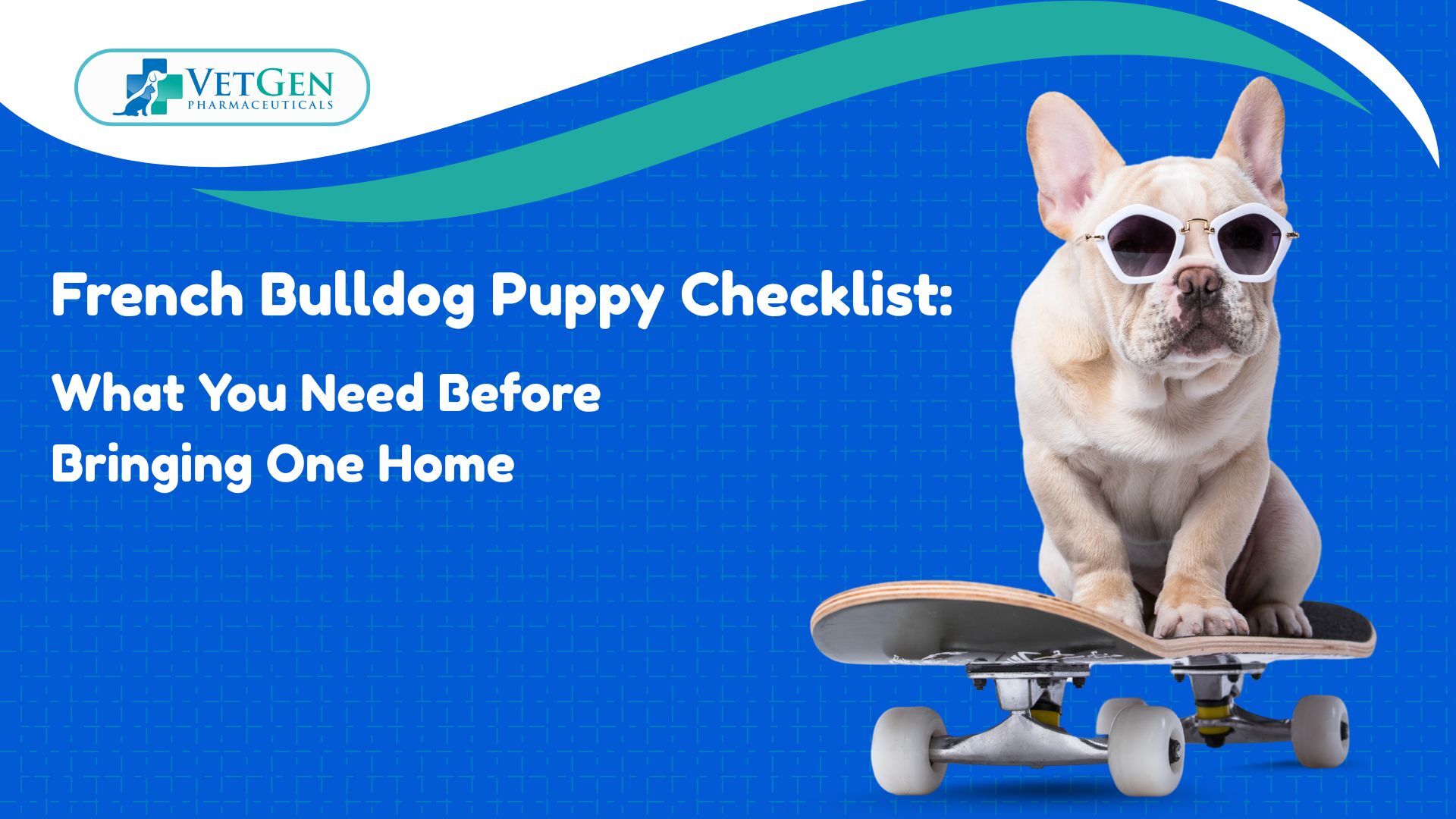Humidity and heat associated with summer and the extra fur can be too much to handle for our cute little four-legged friends.
Summer can be quite a difficult season for dogs, hence why you need to be more attentive to the skin care of your dogs.
During summer, most dogs are exposed to common skin problems like itchy skin, skin allergies, etc.
Here you will be introduced to how to keep your dog’s coat healthy with dog skin and coat supplements and others all summer long.
Naturally, overweight dogs are at risk of dehydration and heat strokes during summer.
Also, dogs with darker coats absorb more heat than those with much lighter coats.
Lighter coat dogs are also at the risk of sunburn, especially their ears, nose, and areas with less hairs.
Sunburn exposes them to cancer and other skin allergies.
Therefore, always make sure your dogs are indoors when the sun is scorching, mostly from 11 am to 3 pm.
Dog paw pads are recommended to protect their delicate paws from heated floors that may cause blisters.
Bulldogs, pugs, Pekingese, and other snub-nosed dogs are less efficient in cooling themselves by panting.
However, helping your pets maintain a sleek and healthy skin and coat starts from the inside.
A Dog's Health is Important
Introduce supplements to your pet’s diet to help promote shiny coats and healthy skin.
Dog supplements for skin allergies and for itchy skin are a must-have during summer.
These supplements are rich in nutrients like omega 3 fatty acids that help reduce shedding, flakiness, and itchiness for your pet dog.
For older pets and scratching pets, it is important to have with you dog supplements for itchy skin, amongst others.
Regardless of the season, pets love being brushed and/or bathed.
Also, as a pet owner, you would love a well-groomed and beautiful skin and fur coat for your pet.
Hence, why it is important to introduce supplements like vitamins into your pet’s diet.
Although it has to be recommended by the vet, skin issues are one of the major reasons why pet owners visit the vet.
For instance, during winter, dogs are susceptible to lowered humidity, cold, and dry weather, which can cause quite a number of skin conditions. Without further ado, below are other summer tips to help manage your dog’s skin and coat during summer. These are;
Brushing
Dogs are more likely to shed during summer, this helps your pet keep up with grooming.
A healthy skin and shiny coat helps keep your pet cool during summer.
A healthy coat prevents dogs from allergies, smell, mats, as well as cat dandruff.
Brushing also helps dogs turn over new coats i.e. it promotes hair growth, spreads natural skin oil, and helps a pet look well groomed.
Here are a few pointers to keep in mind, i.e. make use of bristle brush to take out dead hair, use shedding rake to take out loose undercoat, use a comb for its tails, ears, and between the feet and hocks.
Also, do not leave out using slicker brush to loosen tangles and loosen dirt and dead skin.
Bathe
As often as needed, this should be done, especially during allergy season as summer.
Although, you can back that up with a dog supplement for skin allergies.
On bathe day, ensure you clean its ears with ear cleanser before bathing, then bathe with a quality shampoo and running water.
Make sure the shampoo is gently massages from head to tail as you carefully avoid the nose, eyes, and ears.
Rinse off with cool water, then gently towel dry or use a pet drier.
Never use a human hair dry as it can be too hot for your pet’s skin. Trim off their nails.
During bathing, it is extremely important to prevent water intoxication i.e., exposing your dog to too much water in a short time.
It can lead to pale gums, bloating, vomiting, tiredness, etc. Carefully monitor your dog, allow them about 10 minutes in water (depends on their age).
Also, if at the beach, always have fresh water.
Treatment
During summer, it is important for dog owners to be at alert for creeping blood-sucking pests associated with dogs e.g., tick, flea, wasp, etc.
For instance, fleas thrive during summer heat and can cause so much discomfort to your dog.
Flea bites can be itchy for most dogs, even though some dogs are allergic to such bites, it can cause severe discomfort and scratching.
Then, it may lead to an infection. In this case, regular flea treatment is advised because a one-off application may not be effective.
Dog supplements for itchy skin and skin allergies are also advised, ask your vet for a recommendation.
Also, you may need to thoroughly disinfect your home if your dog has fleas, so it has to exterminate its eggs.
While for ticks, these are commonly found in heath, grassland, and woodland areas.
Asides being a pest, they are carriers of diseases, hence making it highly imperative to take out any of these blood-sucking insects.
Removing it from your pet’s body can be quite tricky, you need to be careful enough not to squeeze its body as you may botch the blood sack and the head gets stuck to the dog’s skin.
You can purchase effective tick removal devices from pet shops or simply twist them off your dog.
Shaving
Unlike popular beliefs, shaving off fur will only cause more harm than good.
The layers of furs help shield your dog from sunburn and overheating.
Hence, why shaving of fur is not recommended. However, trimming off long-haired dogs is permitted.
Essentially, the dog’s skin and coat are durable, however, it can be sensitive. High temperatures during summer can cause lots of harm to a dog’s coat and skin.
Frequently Asked Questions
How Often Should I Bathe My Dog In The Summer?
Generally, you should bathe your dog as needed based on their activity level and how dirty they get. For most dogs, a bath once a month is sufficient. Avoid over-bathing, as it can strip natural oils from their skin.
How Can I Protect My Dog From Sunburn?
Dogs with light-colored or thin coats are more susceptible to sunburn. Use dog-safe sunscreen on exposed areas such as the nose, ears, and belly. Avoid prolonged sun exposure during peak sunlight hours.
What Should I Do If My Dog Has Dry or Irritated Skin In The Summer?
If your dog has dry or irritated skin, consult with your veterinarian for appropriate treatments. They may recommend medicated shampoos or topical treatments. Ensure your dog is well-hydrated and not exposed to harsh outdoor conditions.
How Can I Prevent Fleas And Ticks In The Summer?
Use a veterinarian-recommended flea and tick preventative on your dog regularly. Keep your dog’s living area clean and free of debris. Regularly check your dog for any signs of infestation.
What Should I Do If My Dog Is Shedding A Lot In The Summer?
Regular grooming and brushing can help manage shedding. Consider using a deshedding tool to remove loose fur. If your dog is shedding excessively, consult with your veterinarian to rule out any underlying health issues.






